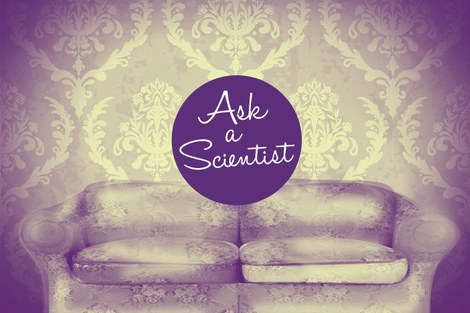
Yahoo Entertainment
Share
What Causes Older Adult Smell?
We Asked: Charlene Brannon, Ph.D., former professor of food chemistry at the University of Washington and scientific advisor at Mirai Clinical
MORE: Are Your Habits Making You Age Faster?
Sebaceous glands in skin release sebum, an oily combination of lipids that helps retain moisture. The sebum produced is broken down by bacteria on the surface of the skin, which contributes to body odor and can be exacerbated by hormonal changes and stress. In younger people, skin’s natural antioxidant defenses work to prevent these fatty acid breakdown products from being oxidized by the air and turned into other chemicals. Older skin has fewer antioxidants. That, coupled with hormonal shifts that increase lipid production by sebaceous glands, means that more of those free fatty acids will undergo oxidation. The results is an accumulation of oxidized substances including the particularly odiferous nonenal.
Because they’re not water soluble, the lipids that give rise to nonenal don’t wash off easily with regular soap. The company that Dr. Brannon works for, a Japanese skincare brand called Mirai, makes a body wash that specifically targets nonenal with persimmon extract. The tannins in the extract absorb up to 97 percent of the compound on the skin, according to Mirai’s clinical trials.
MORE: 8 Exercises That Target Your Lower Abs
The older we get, the more nonenal we produce. And, because nonenal is a small, volatile compound, it can be found in the air around skin, and absorbed into clothing, pillows and sofa cushions. All the while, our sense of smell deteriorates, making us less aware that it’s happening. So if someone gives you a gift certificate to Mirai for your birthday, take the hint.
– by YouBeauty Editors
Originally published on YouBeauty.
